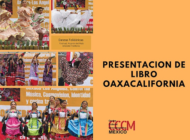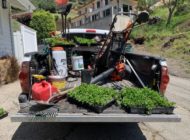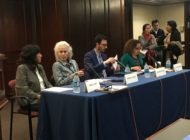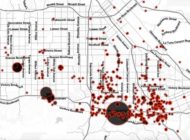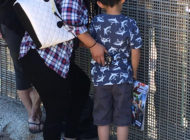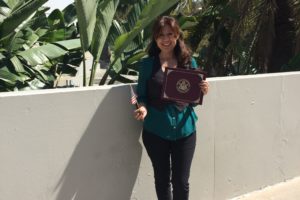Exploring the connections between Latinx forced migrants and the past Black captivities in America.
Por TYNISHA K. LEWIS
EL NUEVO SOL
Growing up in Los Angeles, I was exposed to a number of cultures and communities filled with beautiful people of all shades. I always found myself intrigued by the diverse cultures within my surroundings. Being a Black American female identifying as a multiracial first-generation college student, I wanted to challenge myself to learn more about populations suffering from systemic oppressions and social constructs that are designed to drain those people of color.
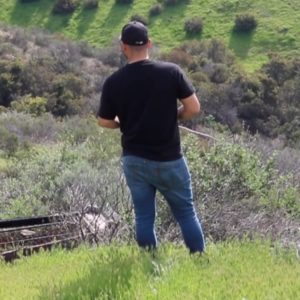 Living in areas occupied by predominately Latinx populations sparked my interest to further learn more about the people migrating from nearby countries such as: Mexico, Venezuela, Guatemala and more. I have had friends hailing from all races, genders and socio-economic backgrounds and those factors did not affect my perception as to who they were as individuals.
Living in areas occupied by predominately Latinx populations sparked my interest to further learn more about the people migrating from nearby countries such as: Mexico, Venezuela, Guatemala and more. I have had friends hailing from all races, genders and socio-economic backgrounds and those factors did not affect my perception as to who they were as individuals.
In the Black American community, we see families practicing the “extended family network,” which means there are other members of the family or community present to contribute to the persons upbringing. I can remember my mother dating a Latinx man and his family happily accepted me as their own. My mother even allowed her friends of Latinx descent to discipline me if I deserved it. It truly takes a village to raise a child. These incidents gave me a deep respect for people migrating to America to seek better for their lives.
For more than 400 years, Black Americans have been unfortunately victimized to racism in a country build upon their backs. The same treatment is now being directed towards the migrants immigrated to the United States, especially from Latin countries. There is an odd relation between the captivity of Blacks in America and now Latinx migrants.
Jorge fled from Culiacán, Sinaloa, which is located in the northwestern region of Mexico before he ended up comingto the United States just two years ago. The father of three does not speak English but works two jobs six days a week straight. Jorge has family in both Mexico and the United States. With the current climate in Sinaloa, Jorge often fears for his family safety and well-being back home. There are times when he is not able to communicate leaving his mind and worries to wonder, scars and tattoos; Jorge recalled fleeing a shootout in broad daylight between local rival gangs in his beloved hometown.
The violence occurring in Mexico and other Central American countries reminded me of the gang activity here in Los Angeles. Drugs, gangs and police brutality are issues plaguing Black and Brown communities. People of color tend to endure traumatic experiences much earlier on compared to their White counterparts. Because of this, most of us suffer with Post Traumatic Syndrome (PTSD), a disorder primarily diagnosed to members of the military following serving. Why are we the target?
Hearing Jorge experiences first-hand prompted me to put myself in his shoes. Would I have survived? I also think of my ancestors that were forced into slavery in America. Jorge works hard to provide for his family living in the Los Angeles area as well in Sinaloa. Can you imagine having to provide monetary support to your loved ones in two different parts of the world?
Many believe that immigrants migrated to the United States are “criminals” or are here “to take jobs.” A number of studies have proven that immigrants are a benefit the U.S. economy. Having compelling conversations and hearing the experiences of migrants to America could lead to creating more resources or change that is much needed.
June is now Immigrant Heritage Month, with the goal of bringing people together in order to support.
Tags: Culiacán forced migration Los Angeles Tynisha K. Lewis






